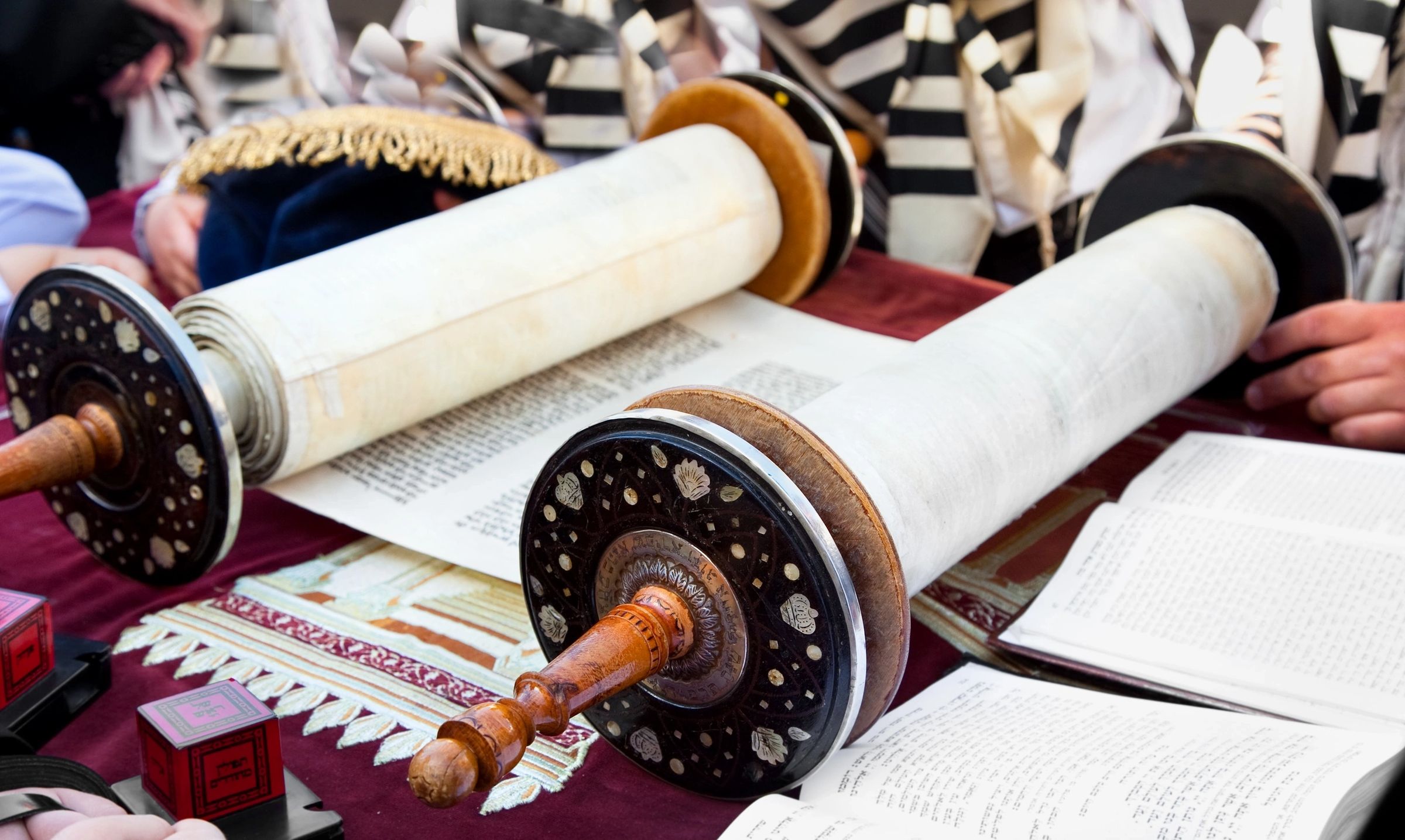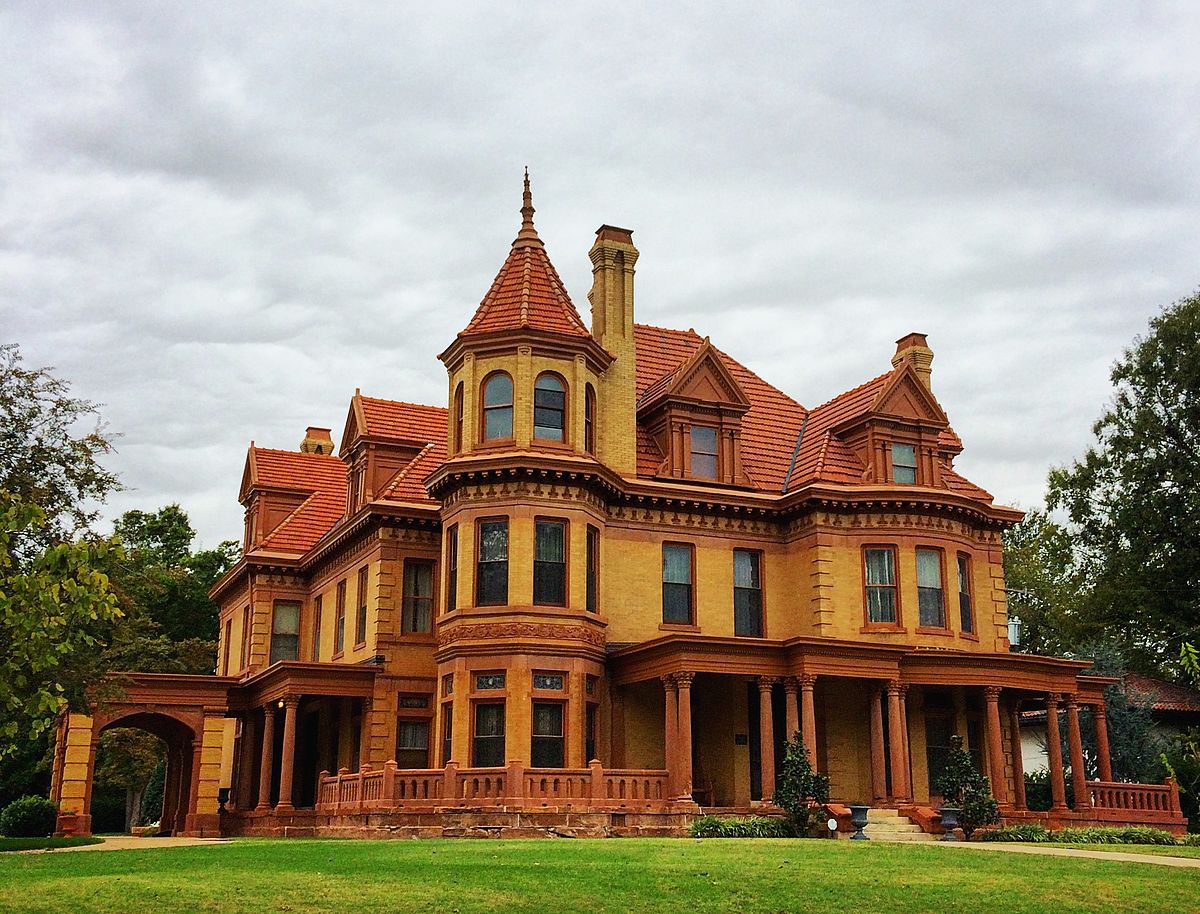In this week’s Parsha the Torah commands us to be Anshei Kodesh – “people of holiness.” There is a question here. Other times, the pasuk says to be holy. How come over here the pasuk says to be “people” of holiness? Wouldn’t it make sense for the pasuk to simply say to be holy? Isn’t it obvious that Hashem is addressing humans? Why does the Pasuk emphasize that we should be people that are holy?
I heard from my father, Rav Yitzchok Fingerer shlita that Rav Meir of Premishlan zt”l says that the Torah is teaching us that to attain holiness one must first be a person, one must first be a “Mentch.” One cannot be holy if one doesn’t have basic decency. One cannot be holy if he doesn’t care about others. That’s why the pasuk says to be people of holiness. The Torah is teaching us that we can only attain holiness when we act like good people, and when we are respectful and kind to others. We achieve holiness when we care about others – when we have Menschlichkeit and see the humanity in others.
One Erev Yom Kippur in the 1940s, a secular man living in Eretz Yisroel was walking in Petach Tikvah, and he needed the restroom. He entered the nearby public bathroom and was shocked to see an older man with a long white beard walking from stall to stall, ripping up toilet paper. He couldn’t understand what was going on and he thought that the man might have been emotionally challenged. He asked the man what he was doing, and his answer changed his life.
The elderly man responded that later that night would be Yom Kippur, and many guests would be coming from afar to daven at the nearby Yeshiva where he was a rabbi. The rabbi explained that there will be people who are going to need the restroom on Yom Kippur and that there is a halachic prohibition of ripping on Shabbos and Yom Tov. So, due to the many people who will need the restroom on Yom Kippur, he was ensuring that there would be enough pre-cut tissues to accommodate everyone. The elderly Rav invited his new friend to join him in the Yeshiva for Yom Kippur and then resumed cutting the tissues. The man was not planning to observe Yom Kippur at all. However, when he saw the Rav thinking of others and their basic needs, he decided to observe Yom Kippur and attend the davening. From there he kept on growing and eventually joined the Yeshiva.
The elderly Rav was Rav Eliyahu Dushnitzer zt”l, the famed Mashgiach of Lomza Yeshiva. Rav Dushnitzer took this secular man under his wing, and he raised a beautiful frum Jewish family. Why? Because this man saw that Rav Dushnitzer cared about other people. He himself – the great rabbi, went from stall to stall on Erev Yom Kippur to make sure that everyone was taken care of. That’s how we can attain holiness. When we care about others, we can make a tremendous impact and an incredible difference. Let’s make a difference. Let’s show others that we are there for them and that we care for them.








